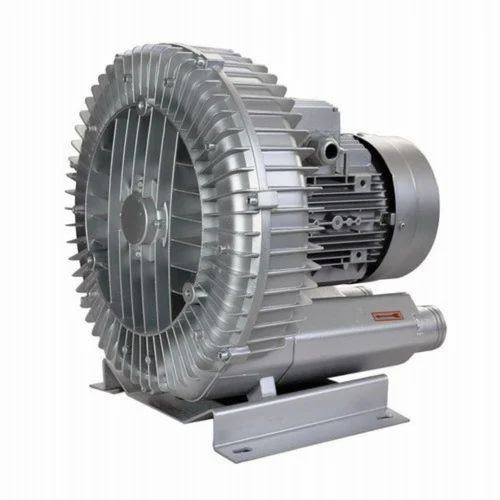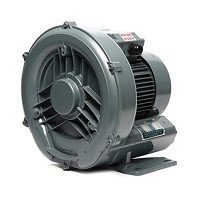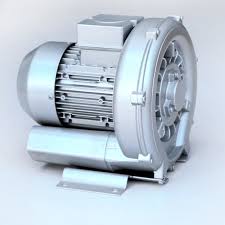How does a blower work?
A blower, in essence, works by using a rotating impeller (or rotor) to increase the pressure of air or gas. This is achieved by drawing the air/gas in, accelerating it with centrifugal force, and then directing it outward, creating a flow of air or gas. This process effectively converts mechanical energy into kinetic energy and then into pressure energy.
Here’s a more detailed breakdown:
-
1. Air/Gas Intake:The blower draws in air or gas through an inlet.
-
2. Centrifugal Force:An impeller or rotor, driven by a motor, spins rapidly, creating a centrifugal force that pushes the air/gas outward.
-
3. Pressure Increase:As the air/gas moves outward, it is compressed and its velocity increases within the blower’s housing.
-
4. Discharge:The pressurized air/gas is then expelled through an outlet, creating a focused flow of air or gas.
Essentially, the blower’s impeller acts like a pump, increasing the pressure and velocity of the air/gas by exploiting centrifugal force. This is how blowers are able to move large volumes of air or gas and create a concentrated airflow for various applications, from ventilation and cooling to dust collection and even leaf blowing.
What is the best blower to buy?
Why is a phone called a blower?
What is the most powerful leaf blower?
What is difference between fan blower?
What type of leaf blower should I get?










